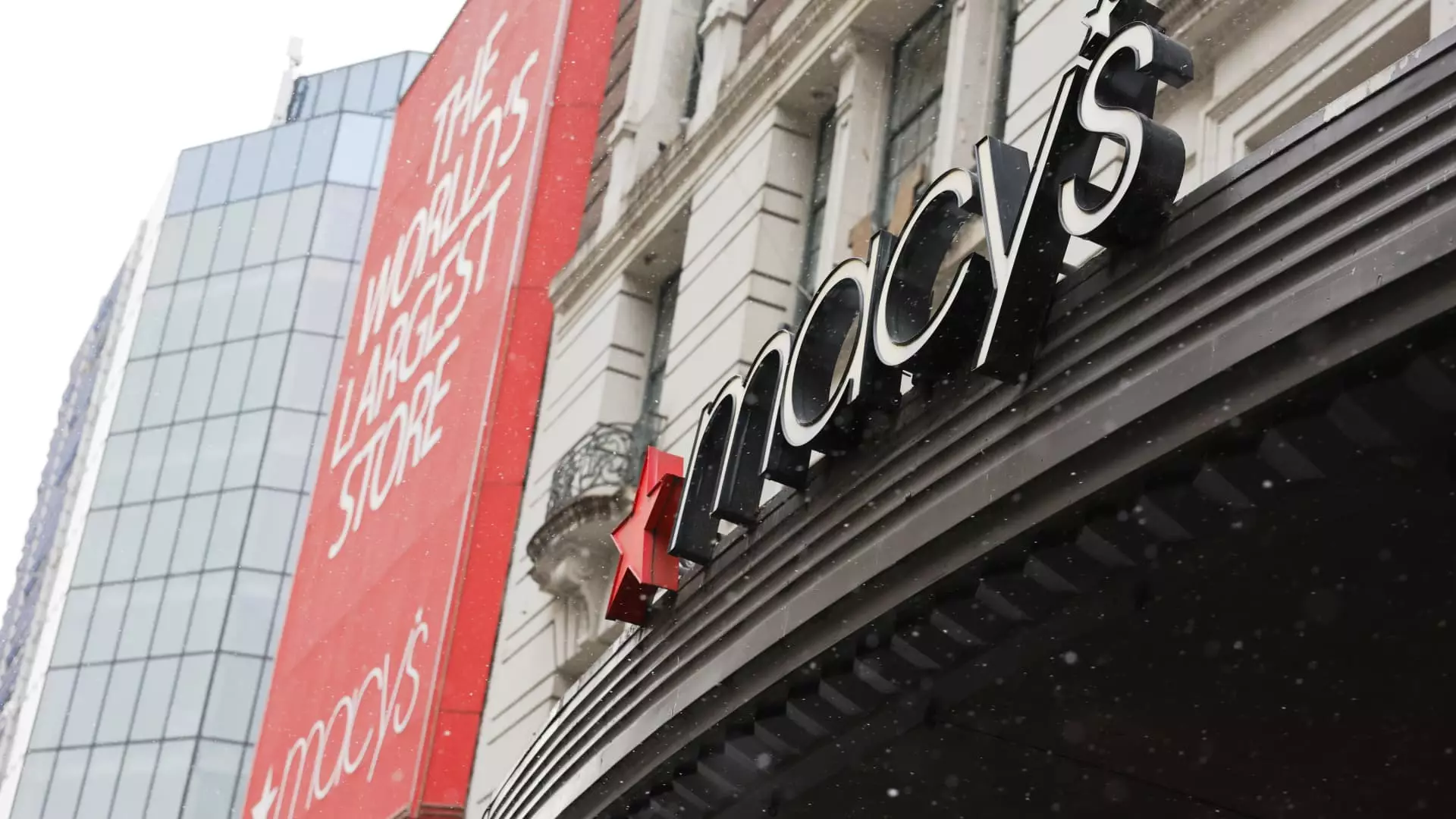Macy’s board of directors made the decision to end negotiations with the activist group looking to take the retailer private for $6.9 billion. The board cited concerns over the certainty of financing and the lack of compelling value in the proposal. Lead independent director Paul Varga expressed the board’s stance in a press release, highlighting the insurmountable questions surrounding the deal.
The activist group, Arkhouse and Brigade, had been persistently attempting to buy out Macy’s, with the latest offer standing at $24.80 per share. Despite multiple price hikes and extensive due diligence, Macy’s ultimately felt that the proposal did not meet their standards. The company made efforts to provide detailed financial information and allowed access to confidential data to multiple financing sources, but still found the terms insufficient.
CEO Tony Spring has been leading Macy’s through a turnaround effort, aiming to revitalize the struggling department store chain. The plan includes closing underperforming stores while focusing on expanding the Bloomingdale’s and Bluemercury brands. Additionally, Macy’s is opening smaller locations in busy strip malls to attract more customers. However, the company’s sales growth has been hampered by high inflation and changing consumer preferences.
Macy’s faces stiff competition from online retailers like Shein, big-box stores such as Target, and off-price chains like T.J. Maxx. Younger shoppers are increasingly turning away from traditional department stores, forcing Macy’s to adapt its strategies to stay relevant. The company expects a decline in net sales for the fiscal year, reflecting the challenges in the retail landscape.
Arkhouse, led by Gavriel Kahane and Jonathon Blackwell, is known for its real estate investments and unsolicited bids for REITs. Brigade Capital Management focuses on retail companies and has a history of investing in struggling brands like Sears and Neiman Marcus. The bidding group aimed to unlock value in Macy’s real estate holdings while restructuring its operations, similar to past activist efforts in the retail sector.
Macy’s decision to reject the bid from Arkhouse and Brigade reflects the challenges facing traditional department stores in a rapidly evolving retail environment. Despite ongoing efforts to revitalize the brand and adapt to changing consumer trends, Macy’s continues to grapple with competitive pressures and market headwinds. The failed takeover attempt serves as a reminder of the complex dynamics at play in the retail industry and the importance of strategic decision-making in navigating uncertain terrain.

